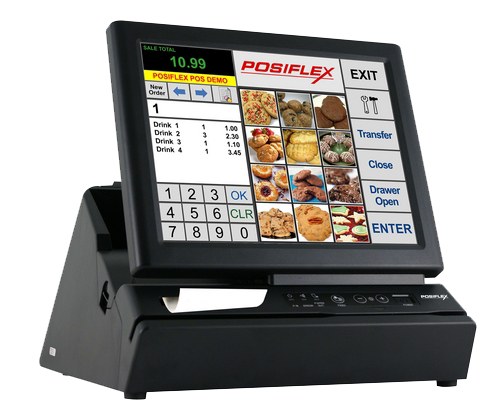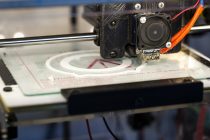Whether you operate a single store or multiple chains, a POS system is one of the most important facets of your retail business. Aside from exercising care while choosing the system, you must maximize your investment by carrying out maintenance services on a regular basis. With regular maintenance, you will be able to extend the life of your POS system. In the end, this will minimize the cost of running business. Here are a few maintenance tips that will help increase the lifespan of your POS system.
Regularly Clean the Hardware
With continuous usage, dust is bound to accumulate onto POS terminals. In a restaurant setting, touchscreen terminals are exposed to grime and grease. If left unlearned, dirty POS equipment does not function optimally. This can be prevented with routine cleaning of the terminals.
Each component of your POS system requires its own unique way of cleaning. For instance, touch screens should be cleaned with a freshly laundered towel, which has been sprayed with an ammonia-free glass cleaner. Avoid spraying the glass cleaner directly onto the screen as this can damage it. Printers on the other hand, should be wiped on the inside and out with a soft cloth, and a clear piece of tape used to lift buildup of finger sensors. For PC based POS systems, use a compressed can of air to blow the CPU in order to remove dust. When unsure of how to clean any of your POS components, consult your manufacturer or the user manual.

Ensure Proper Treatment of Equipment
The manner in which you use the different components of your POS hardware plays a large role in determining how long the system will last. Therefore, employ measures to ensure that your employees and customers are treating your equipment properly. For example, instruct both employees and customers to use their fingers rather than a pen, to input information and orders on a touch screen. Alternatively, discourage them from repeatedly pounding on displays that are not responding to their touch. Both of these measures will help to preserve the life of your POS touch screen.
Perform Disk Maintenance
Disk maintenance entails checking hard drives for errors and performing defragmentation of files. This can be done in-house because most PC operating systems come with system maintenance tools. Aside from being performed on a monthly basis, disk maintenance should be carried out after the installation of new software, whenever the POS system starts running slowly, and after a forced shutdown from a power outage.
Practice Regular Restarts
The best way of troubleshooting any piece of electronic equipment is to power it off and restart it. You should therefore shut down your POS system and restart it if it becomes slow. This helps clear it of small glitches that may lead to major problems such as system failures.
While you may want to change components of your POS system at some point, you do not want to be forced to do so because of premature hardware and software malfunctions. By following the above tips, you will be able to preserve your POS system and only have it replaced when you decide to upgrade.
Ailis Barber has closely followed the progress of POS systems since their introduction into the market. Ailis uses her observations to write advisory articles on different POS systems. If you are looking for modern POS solutions, Ailis recommends I-POS.co.uk as the best place to shop.




